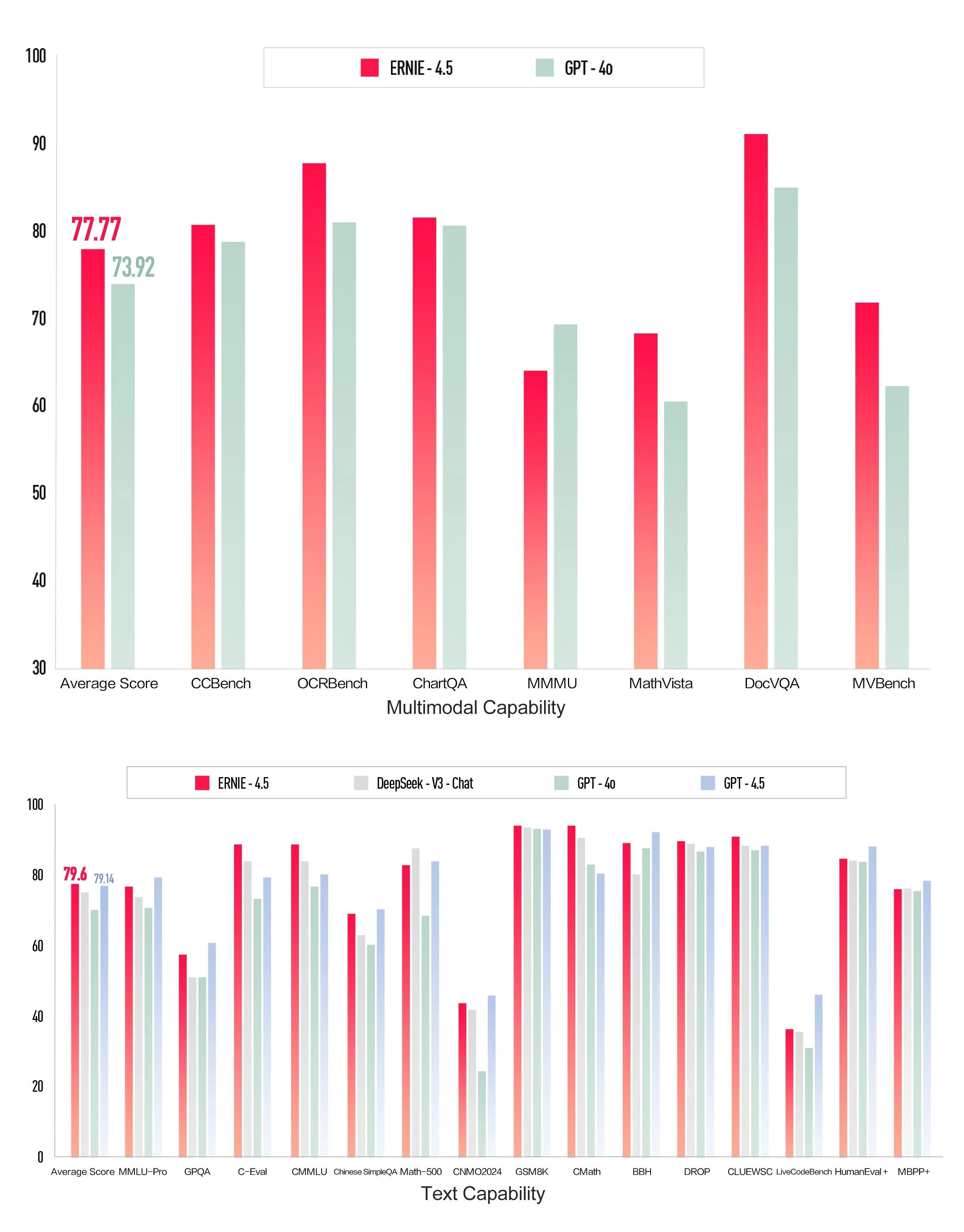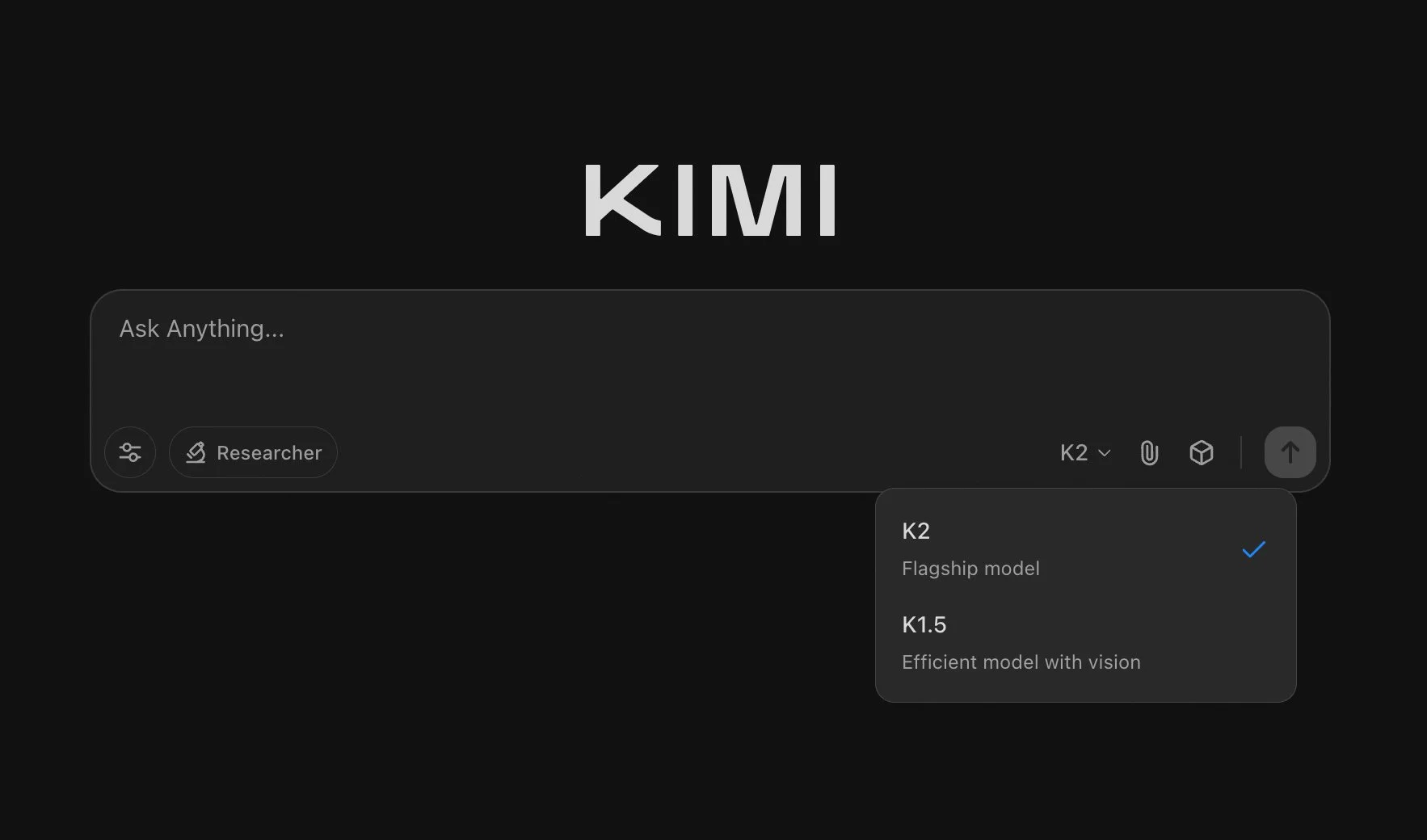Baidu Unveils ERNIE X1 & ERNIE 4.5 AI Models: Lower Costs, Open-Source Plans & Privacy Concerns
Image Source: Baidu | X
Baidu, a major Chinese technology company, has launched two new artificial intelligence models, ERNIE X1 and ERNIE 4.5, as part of its effort to compete with established AI industry players. Announced in mid-March 2025, these models are designed to offer advanced capabilities at lower costs compared to some existing options.
[Read More: Why Did China Ban Western AI Chatbots? The Rise of Its Own AI Models]
ERNIE X1: A Reasoning Model with Cost Focus
ERNIE X1 is presented as a reasoning-focused AI model, intended to compete with DeepSeek’s R1. Baidu claims it delivers similar performance to DeepSeek R1 while aiming for a lower price point. Information from Baidu’s Qianfan platform suggests that ERNIE X1’s training and operational costs are reduced, potentially reaching about half the expense of DeepSeek R1. However, exact pricing for DeepSeek R1 is not publicly detailed, making the “half the cost” claim difficult to confirm precisely.
[Read More: AI Bias? DeepSeek’s Differing Responses in Different Languages]
ERNIE 4.5: Multimodal Features and Benchmark Claims
ERNIE 4.5 is a multimodal model, capable of handling text, images and possibly other data types, positioned by Baidu as a competitor to OpenAI’s GPT-4o. Baidu’s statements assert that ERNIE 4.5 outperforms GPT-4o in certain benchmarks, though these claims lack independent confirmation from neutral sources at this stage.
Image Source: Baidu | X
Pricing for ERNIE 4.5, as listed on Qianfan, is approximately $0.55 per million input tokens and $2.20 per million output tokens—about 11-15% of GPT-4o’s estimated rates. This lower cost could attract users, but the performance edge over GPT-4o remains unverified beyond Baidu’s assertions. The model’s multimodal nature and pricing structure are clear, yet its competitive standing awaits broader scrutiny.
[Read More: DeepSeek’s 10x AI Efficiency: What’s the Real Story?]
Open-Source Plans: Expanding Accessibility
Baidu has announced intentions to release the source code for its ERNIE 4.5 series within “the next few months”. This timeline suggests availability could occur by late June or early July 2025, with June 30 previously announced as the official start date, though not reiterated in Baidu’s latest March 16 statement. Whether ERNIE X1 will also be open-sourced remains unspecified in Baidu’s statements. The company frames this move as a way to broaden access, building on its decision to offer ERNIE Bot free to users. This approach could encourage adoption by developers globally, though the lack of a firm schedule in the latest statement and clarity on ERNIE X1’s status leaves some details pending.
[Read More: South Korea Confirms DeepSeek’s Data Sharing with TikTok’s Parent ByteDance]
Context and Remaining Questions
The debut of Baidu’s ERNIE X1 and ERNIE 4.5 aligns with a global push among AI developers to balance cost, performance and accessibility. ERNIE X1 targets cost-sensitive users in the reasoning segment with its lower pricing, while ERNIE 4.5 offers multimodal capabilities at reduced rates, positioning it as a rival to OpenAI’s GPT-4o. Baidu’s plan to open-source the ERNIE 4.5 series could broaden its reach if executed as outlined.
However, several unresolved issues warrant further examination. Independent testing remains essential to verify ERNIE 4.5’s claimed performance edge over GPT-4o, as current assertions stem solely from Baidu. Pricing transparency and real-world application data are critical to assessing how these models stack up against competitors over time.
Additionally, privacy concerns loom, echoing challenges faced by other Chinese-made AI models like DeepSeek. Baidu has not disclosed the server locations for ERNIE X1 and ERNIE 4.5, but as a Chinese company operating under national laws—such as the Cybersecurity Law (2017) and Data Security Law (2021)—its data is likely stored on servers in China. This mirrors DeepSeek, which explicitly hosts user data in the People’s Republic of China, raising alarms over potential government access under laws like the National Intelligence Law (2017). While ERNIE lacks DeepSeek’s documented tie to state-owned China Mobile, Baidu’s compliance with Chinese regulations suggests similar vulnerabilities, with user data potentially subject to state requests. Both models also operate within China’s censored internet, which may influence outputs and further erode trust in data handling.
The open-source plan could mitigate some privacy risks if developers host ERNIE locally, but enterprise use via Baidu’s Qianfan platform would likely route data through China-based servers, amplifying concerns. DeepSeek’s experience—facing bans in Italy and Australia and scrutiny in the U.S. over privacy—hints at potential hurdles for ERNIE, especially if server locations are confirmed in China.
Source: Reuters, Business Insider















